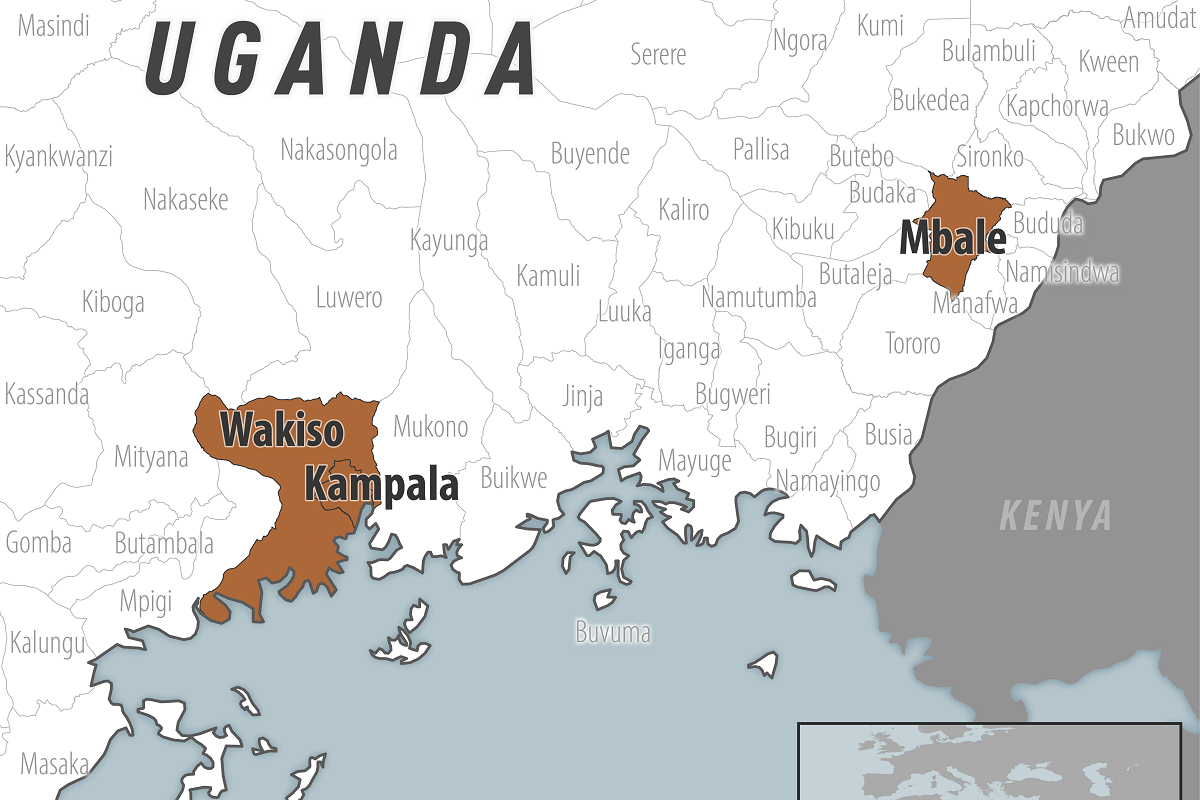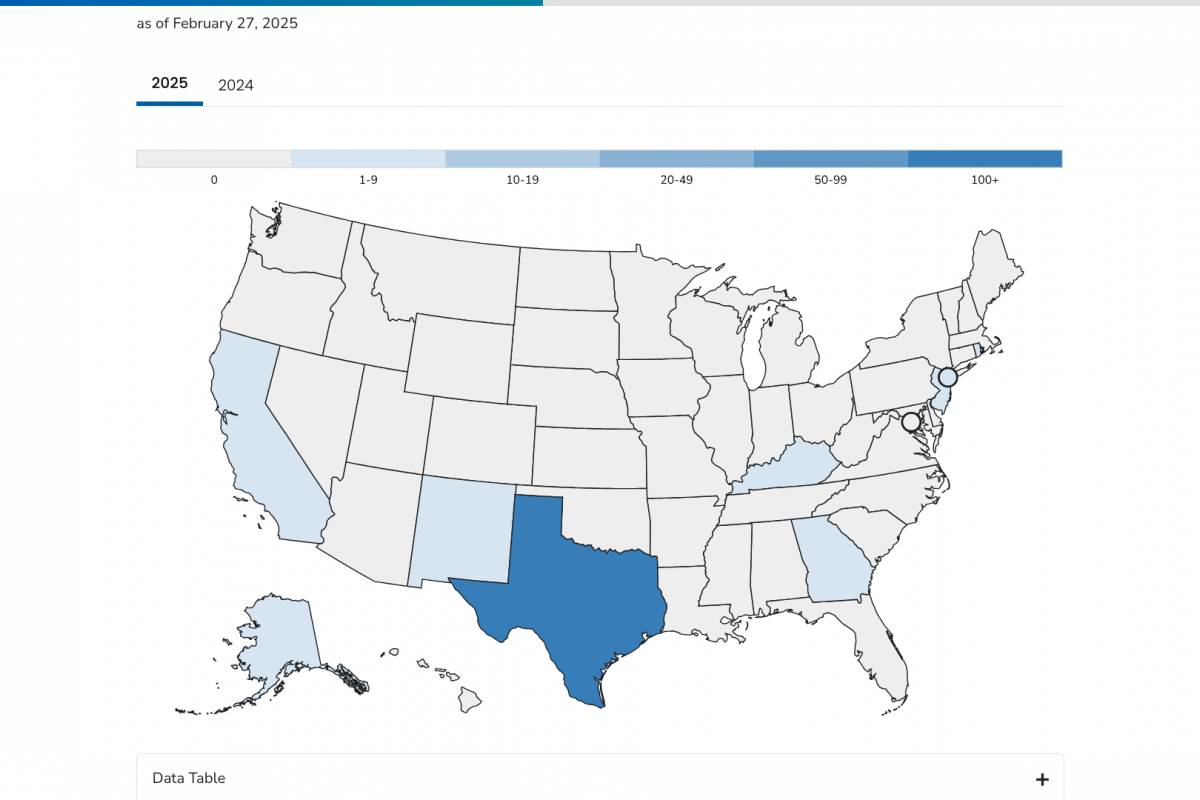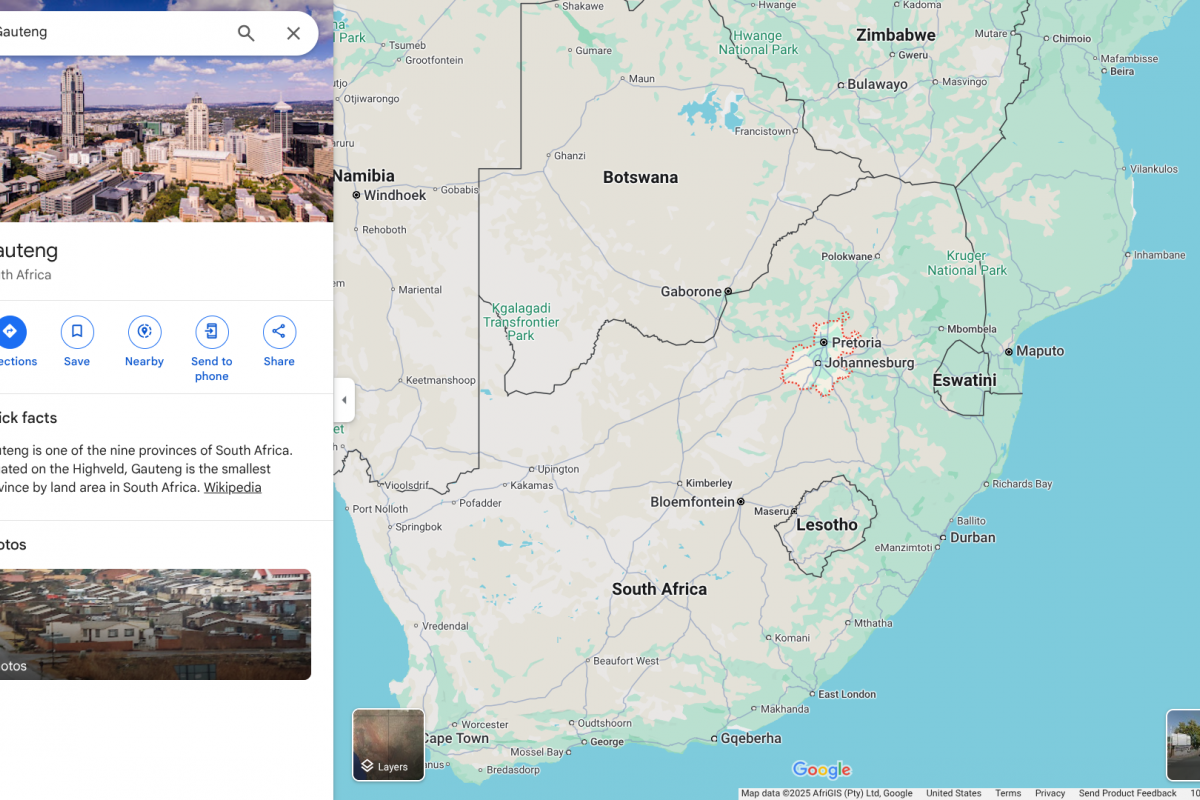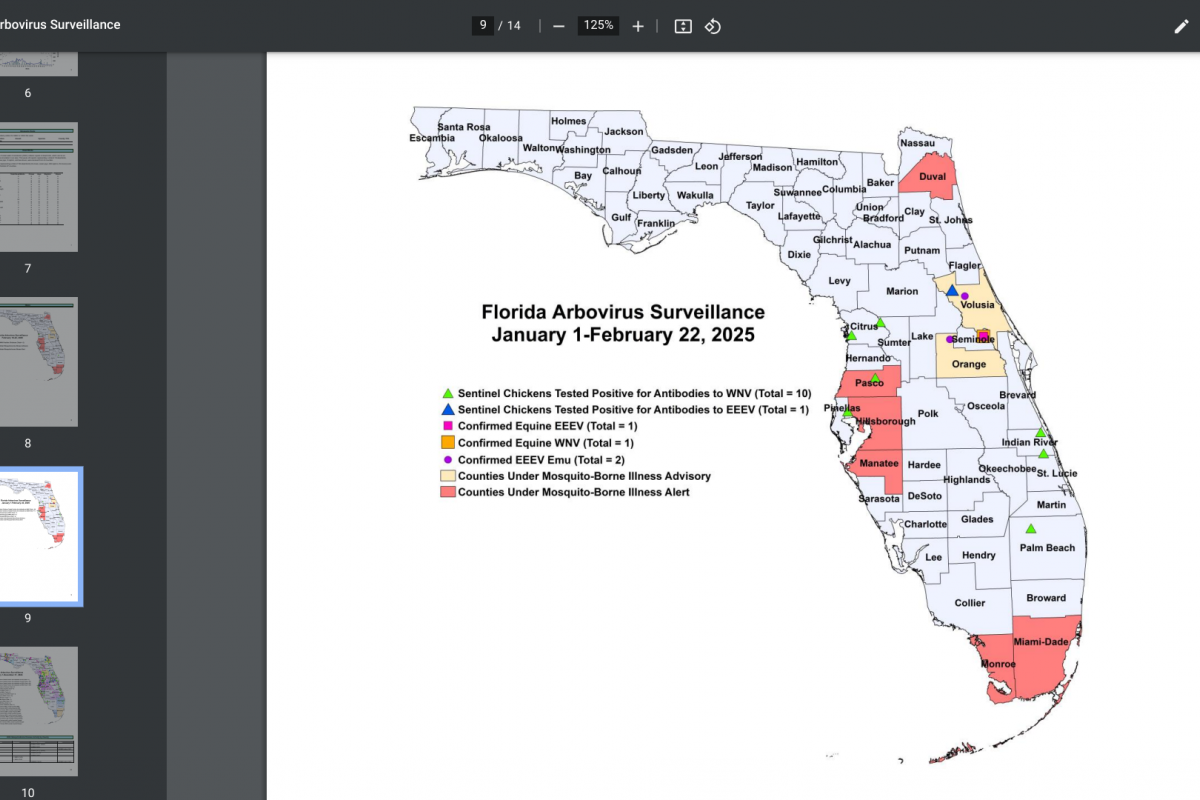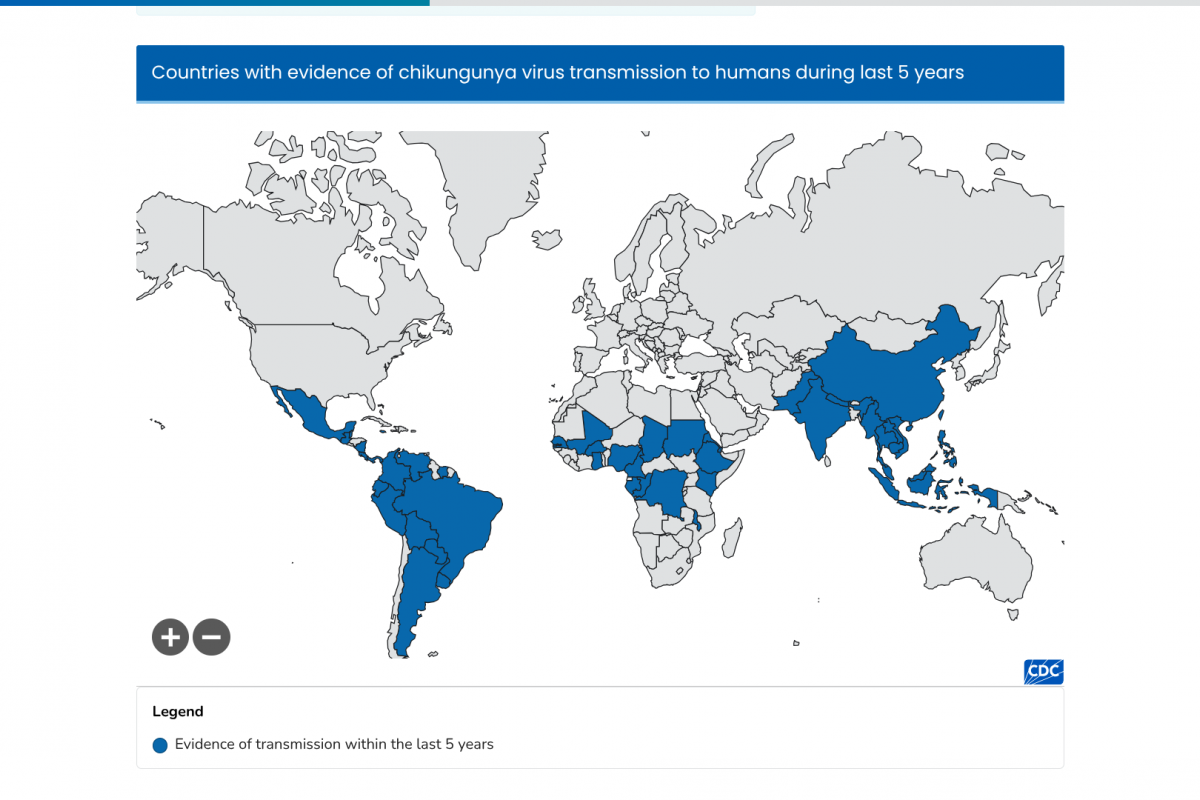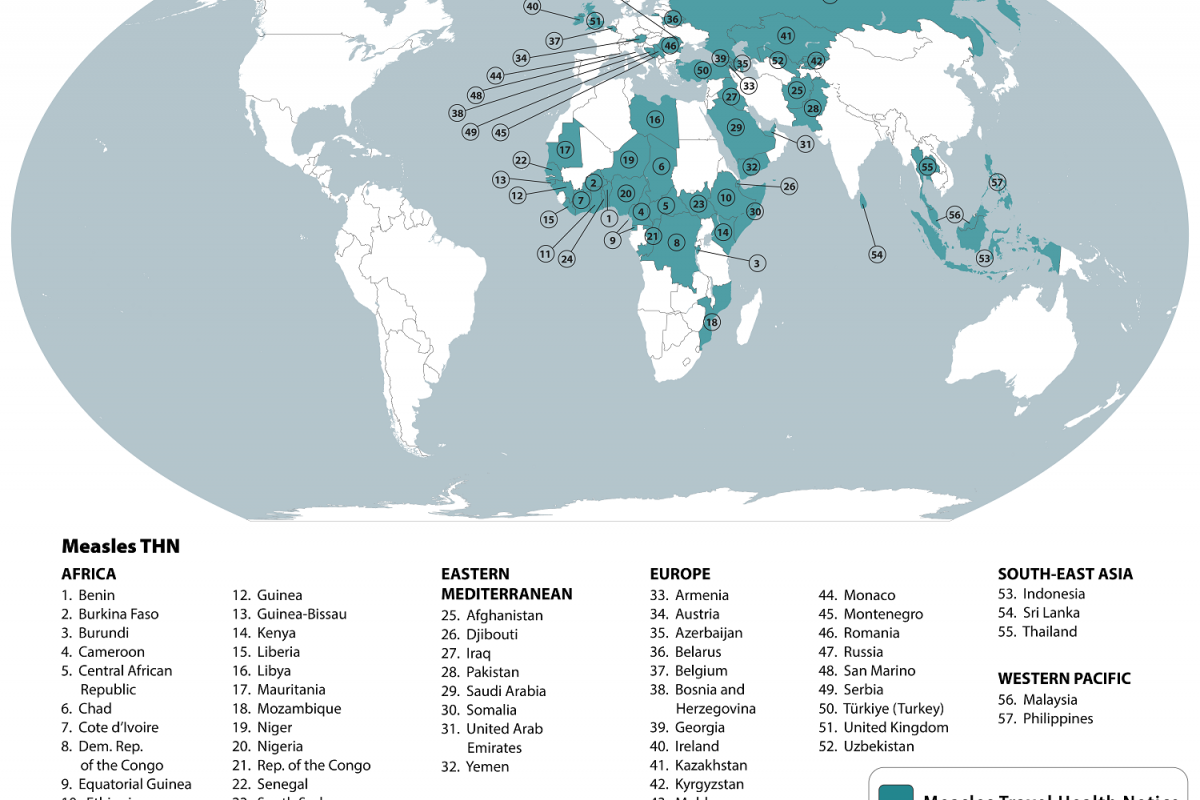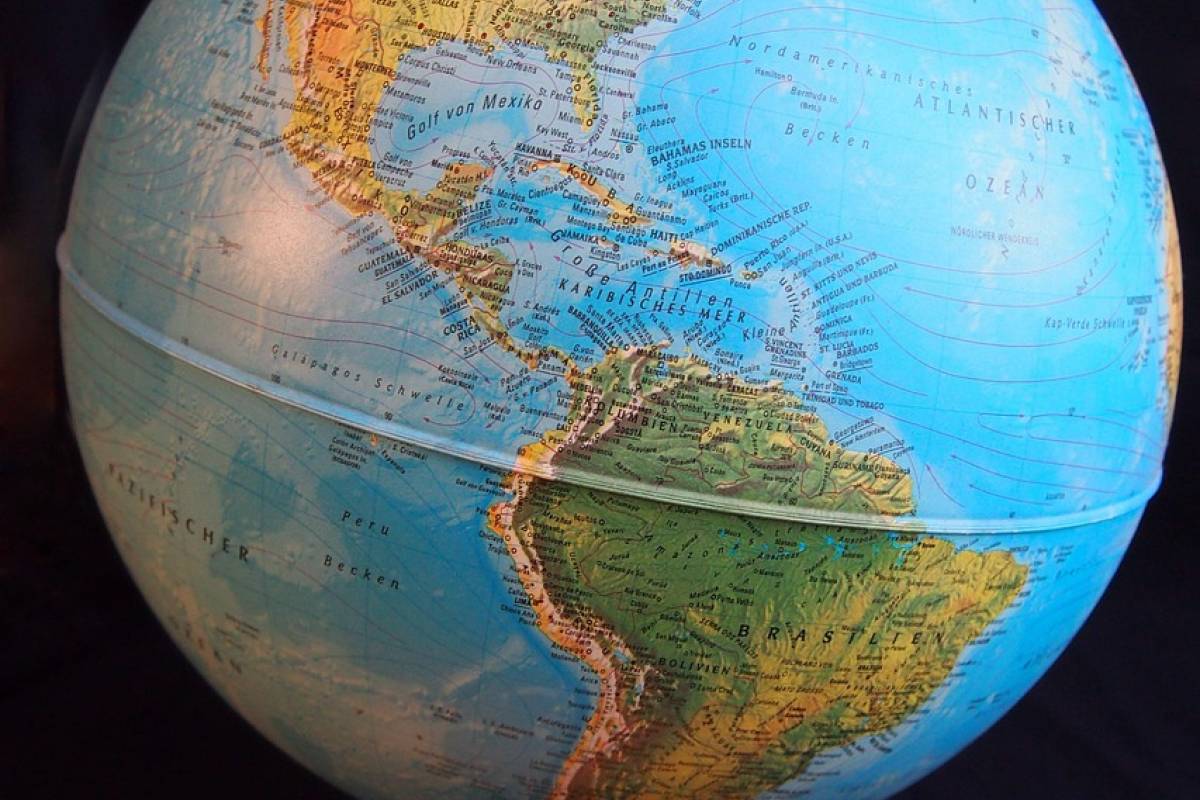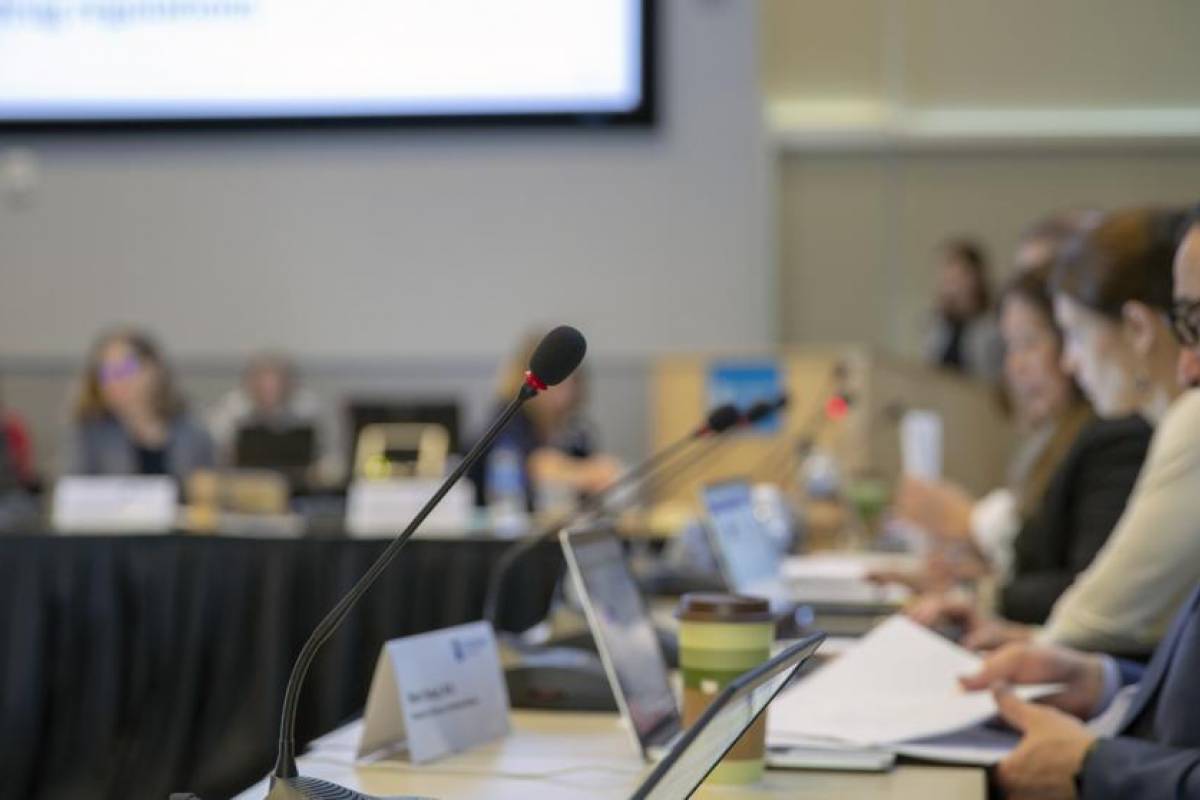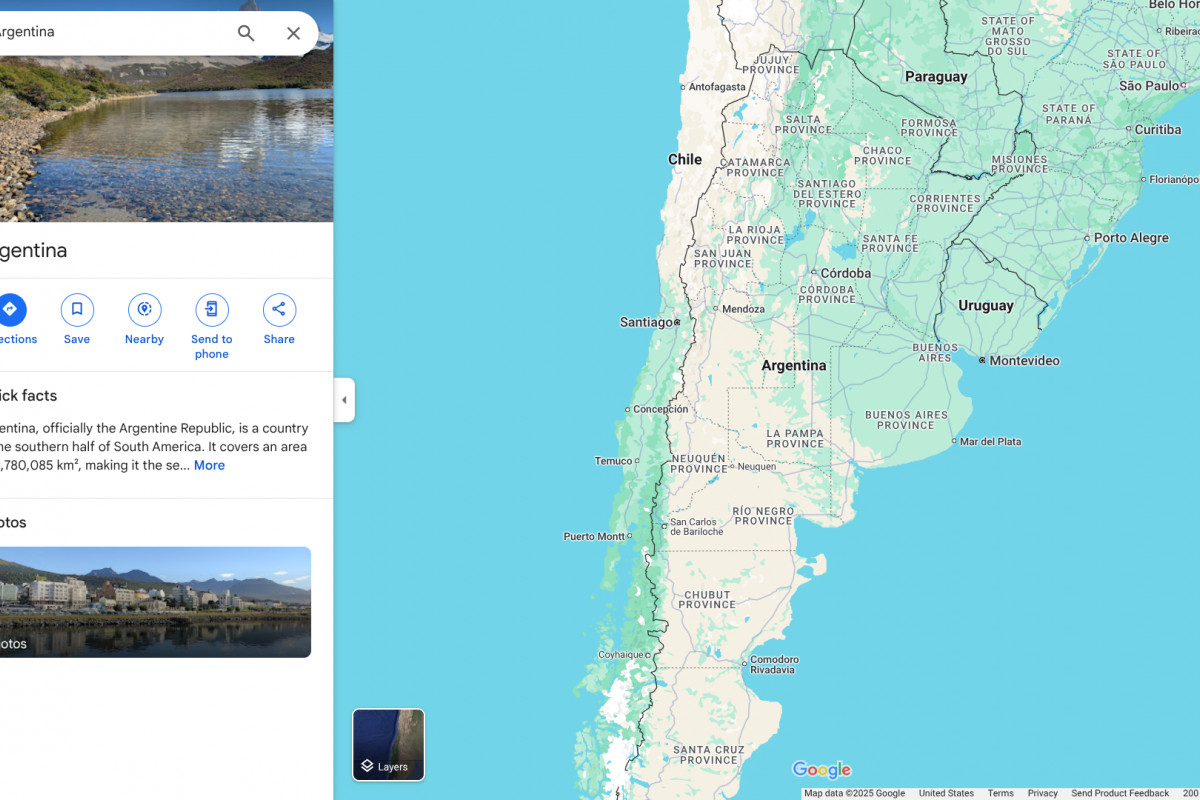Following the declaration of the Sudan Ebolavirus (SVD) outbreak in late January 2025, the Republic of Unganda's Ministry of Health recently reported an additional positive case in Mulago hospital who passed away on February 25, 2025.
As of early March 2025, there have been ten confirmed cases, including two related fatalities. Out of the ten confirmed SVD cases, five are health workers, and four are family members of the index case.
Additionally, nearly 300 close contacts were identified.
The World Health Organization recently wrote, 'The confirmation of a new SVD case in Kampala highlights the risk of undetected transmission, particularly given the delayed diagnosis and the child's movement across multiple healthcare facilities.'
The United Nations in Uganda has also launched an appeal to raise funds for the comprehensive three-month (March- May) response plan, seeking $11.2 million.
Future interventions will focus on seven very high-risk districts, with potential expansion to other districts based on the needs and resources in alignment with the national response plan.
"The goal is to rapidly contain the outbreak and address its impact on public health as well as associated social-economic life of affected people, in full solidarity with the Government and people of Uganda," said WHO Representative Dr. Kasonde Mwinga in a press release on March 3, 2025.
Uganda has experienced five previous SVD outbreaks.
Additionally, traveler screening at 13 Ugandan entry points remains active, with 25,364 travelers screened as of March 2, 2025. Ugandan passengers are also subject to virus screening when arriving in the United States.
Currently, there are approved vaccines and therapies for Zaire Ebolavirus but not for Sudan.
However, over 2,000 doses of IAVI's rVSV Sudan ebolavirus vaccine candidate (IAVI C108, rVSVΔG-SUDV-GP) were shipped to Uganda in early 2025. Theuse of these vaccines is being evaluated in a clinical trial.
In addition to an Ebola Travel Health Advisory, the U.S. CDC has issued polio and mpox alerts focused on Uganda in 2025. The CDC says that approved vaccines are available at travel clinics and pharmacies to prevent these diseases.
